Sort By:
(*) denotes equal contribution
() denotes corresponding
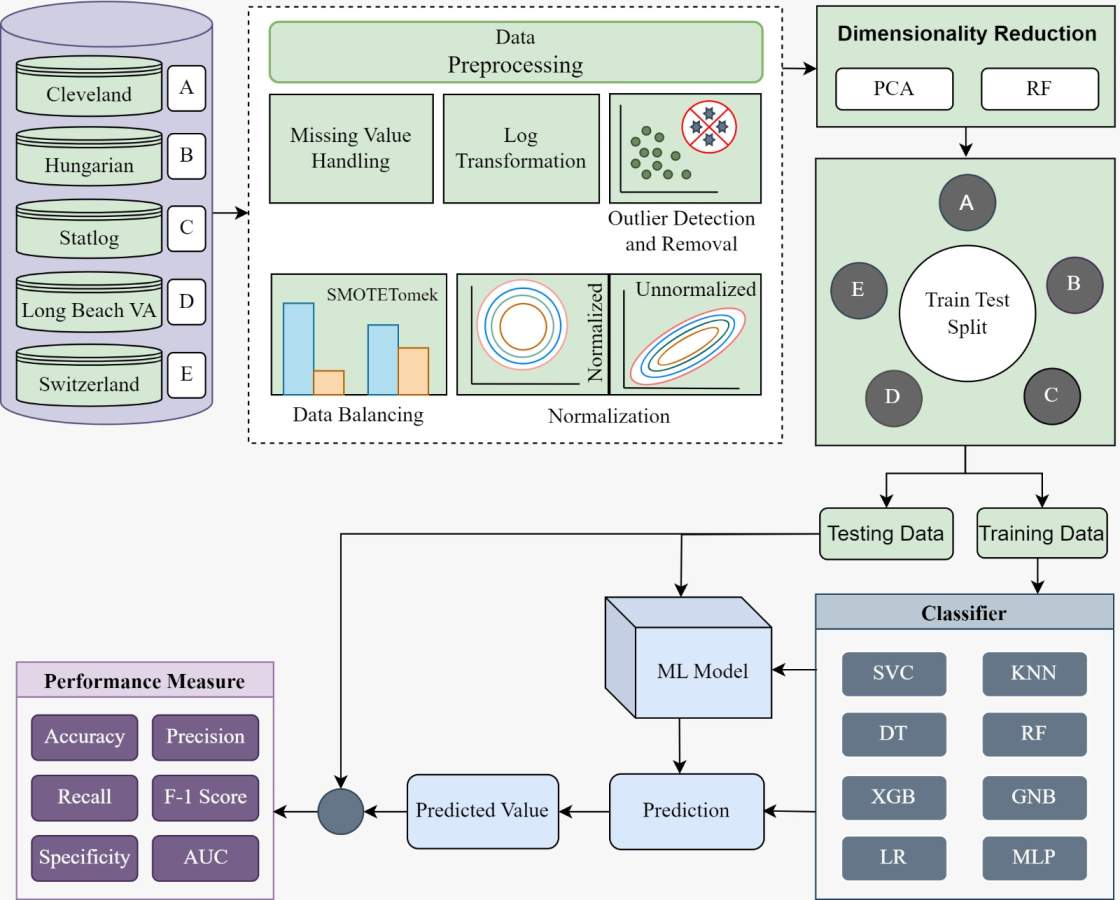
Performance Discrepancy Mitigation in Heart Disease Prediction for Multisensory Inter-Datasets. New
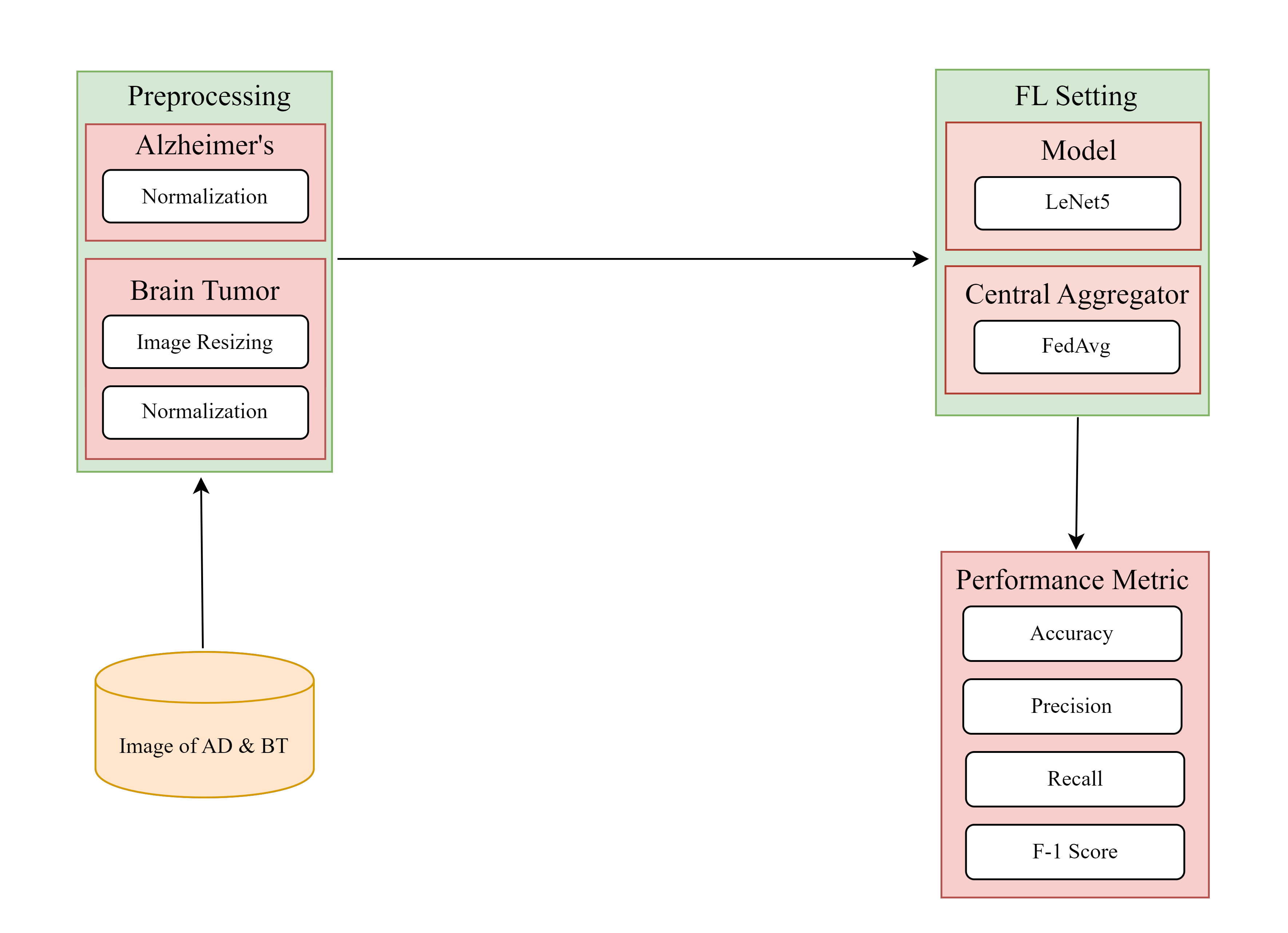
Enhancing Parallelism in Cross-silo Federated Learning for T1-weighted MRI-Based Brain Disease Classification New
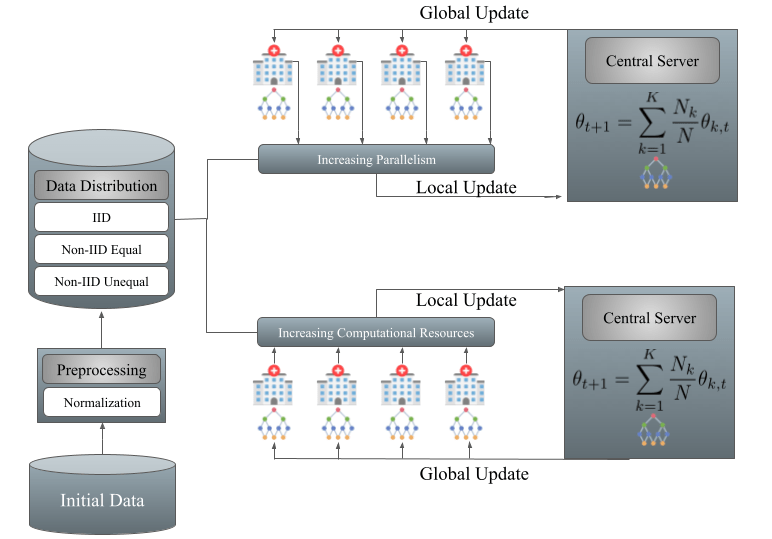
Unlocking Deep Insights from Decentralized Data: Federated Deep Learning for Alzheimer's Disease Classification via T1-weighted MRI. New
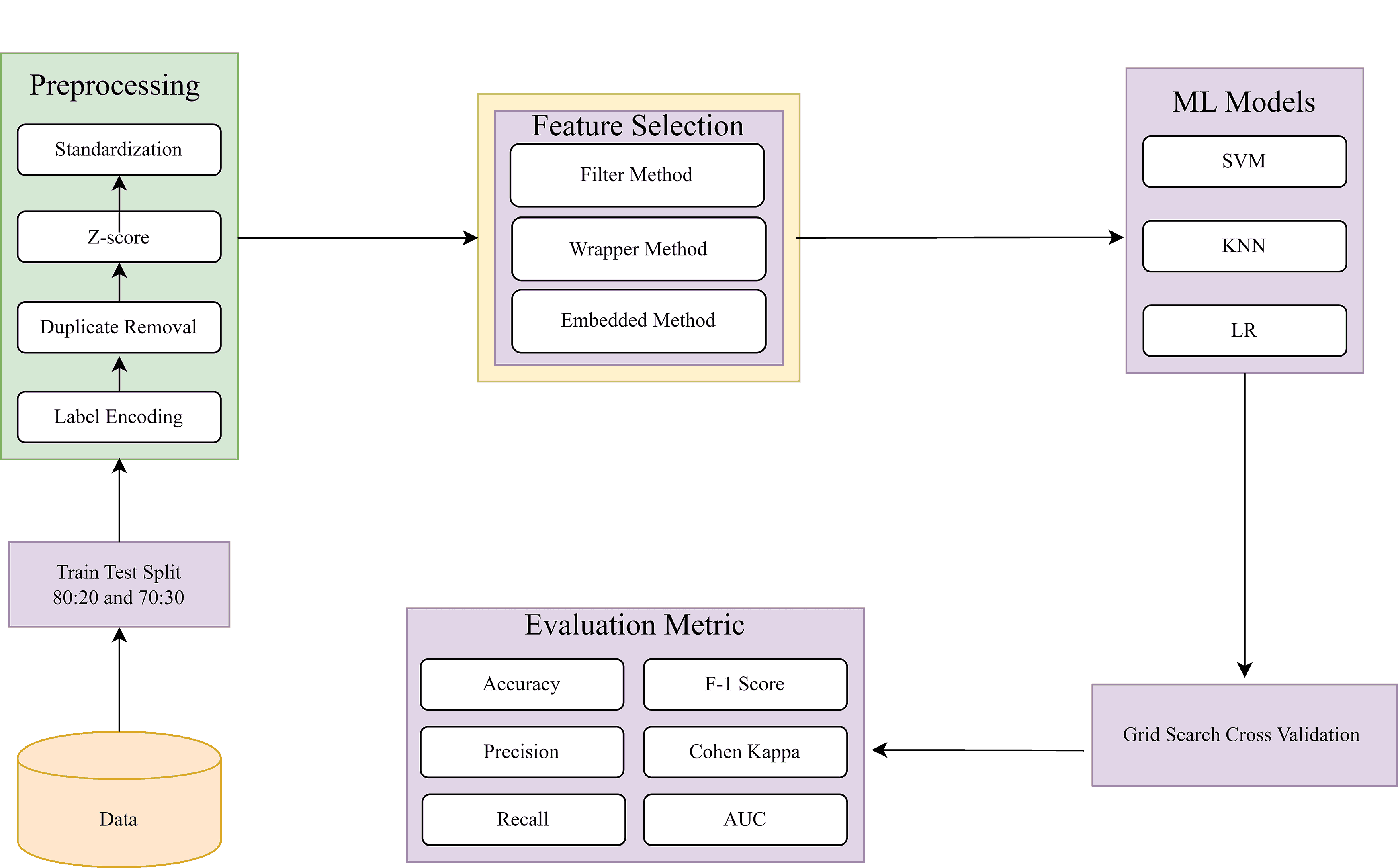
Predictive Modeling of Multi-class Diabetes Mellitus Using Machine Learning and Filtering Iraqi Diabetes Data Dynamics. New
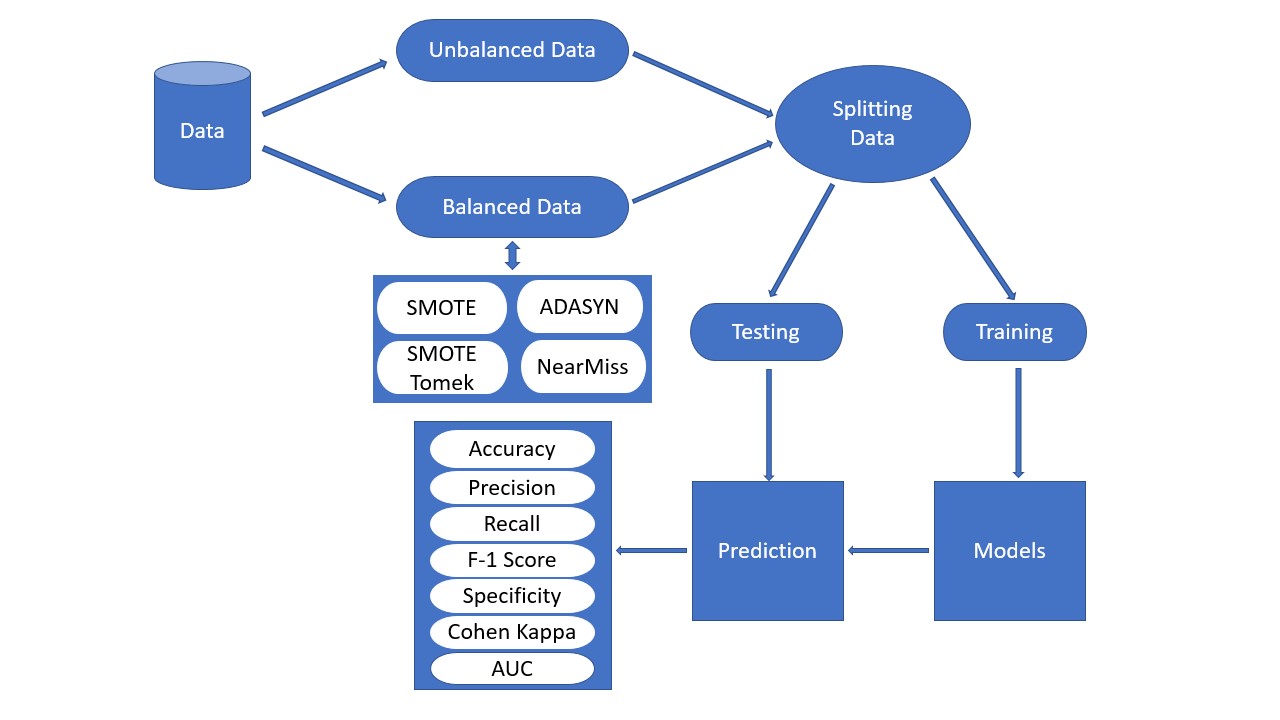
Effect of Imbalance Data Handling Techniques to Improve the Accuracy of Heart Disease Prediction Using Machine Learning and Deep Learning